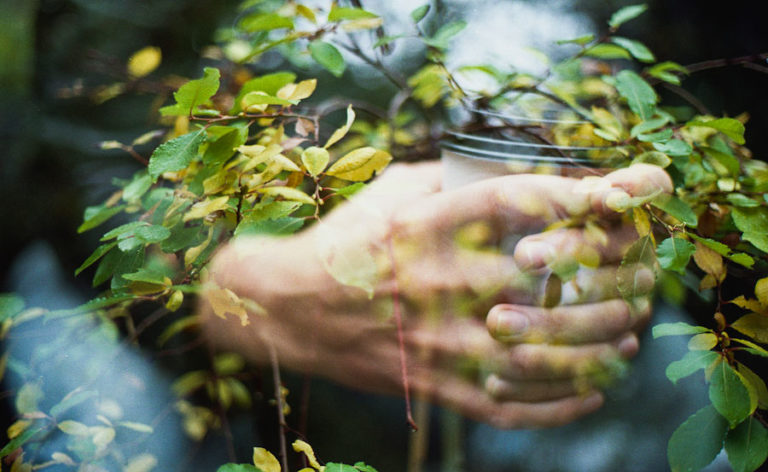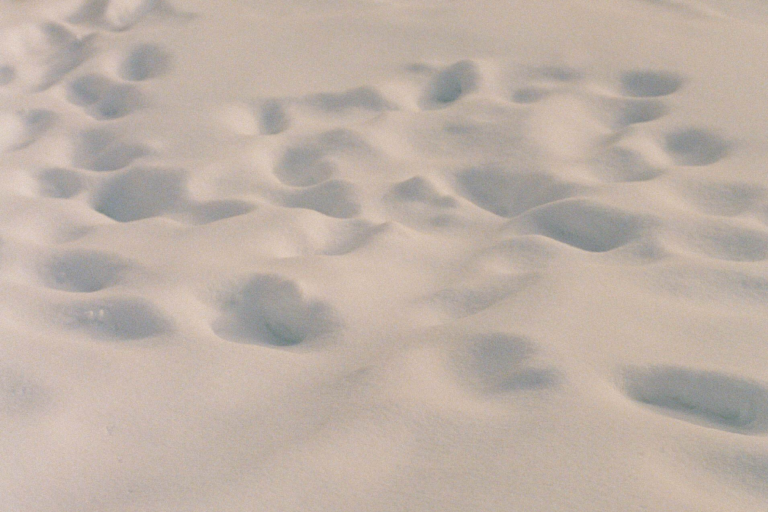
Image by Gavin Johnstone/Flickr, Attribution-NonCommercial-NoDerivs.
The Wild Beauty of Language Grieves with Us
When I’m in need of consolation, I often find it in the desert, the prairie, the woods, or at the edge of the ocean. But there are times when I find no solace in the natural world.
When I’ve been depressed, for example, people will say, “Get outside! It’s a beautiful day! It will lift your spirits!” But in a true depression, you can’t feel one iota of that beauty — you can’t feel anything. So going out can leave you feeling even more depressed.
That’s why this poem by Lisel Mueller resonates with me. She says that she began writing poetry because of “the indifference of nature” in the wake of her mother’s death.
Of course, I’m grateful for the natural world and its amazing gifts. But I’m equally grateful for the gift of language that has a wild beauty of its own — especially in its poetic form — language that, as Mueller says, was “the only thing that would grieve with me.”
Ah, language! How poor our lives would be if we could not express what’s in our hearts — and share it with one another in vessels made of words — whether they say, “I weep,” “Thank you,” “I love you,” or, quite simply, “Joy!”
“When I Am Asked”
by Lisel MuellerWhen I am asked
how I began writing poems,
I talk about the indifference of nature.It was soon after my mother died,
a brilliant June day,
everything blooming.(Excerpted from Alive Together: New and Selected Poems. Read the full poem here.)


Share your reflection